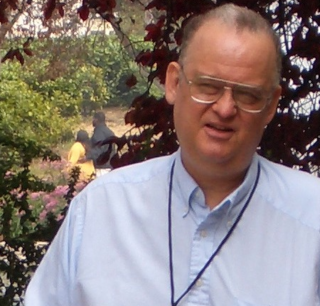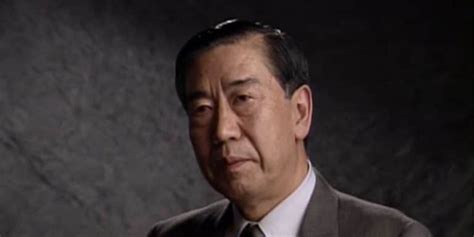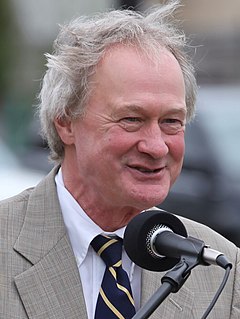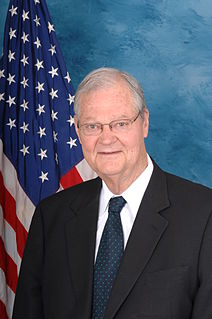A Quote by Ralph Merkle
If we can reduce the cost and improve the quality of medical technology through advances in nanotechnology, we can more widely address the medical conditions that are prevalent and reduce the level of human suffering.
Related Quotes
I learned in America a long time ago, the three R's, the principle of three R's - reuse, reduce, recycle. And as I say those words, there are so many things individually we can do to reduce - we don't need to consume as much as we are consuming. Reduce. And by reusing, we can reuse a lot of things we just throw into the dumpsite. And reduce the production. The more we reuse, the more we can reduce.
For just a few dollars a dose, vaccines save lives and help reduce poverty. Unlike medical treatment, they provide a lifetime of protection from deadly and debilitating disease. They are safe and effective. They cut healthcare and treatment costs, reduce the number of hospital visits and ensure healthier children, families and communities.
For just a few dollars a dose, vaccines save lives and help reduce poverty. Unlike medical treatment, they provide a lifetime of protection from deadly and debilitating disease. They are safe and effective. They cut healthcare and treatment costs, reduce the number of hospital visits, and ensure healthier children, families and communities.
The general uncertainty about the prospects of medical treatment is socially handled by rigid entry requirements. These are designed to reduce the uncertainty in the mind of the consumer as to the quality insofar as this is possible. I think this explanation, which is perhaps the naive one, is much more tenable than any idea of a monopoly seeking to increase incomes.



































